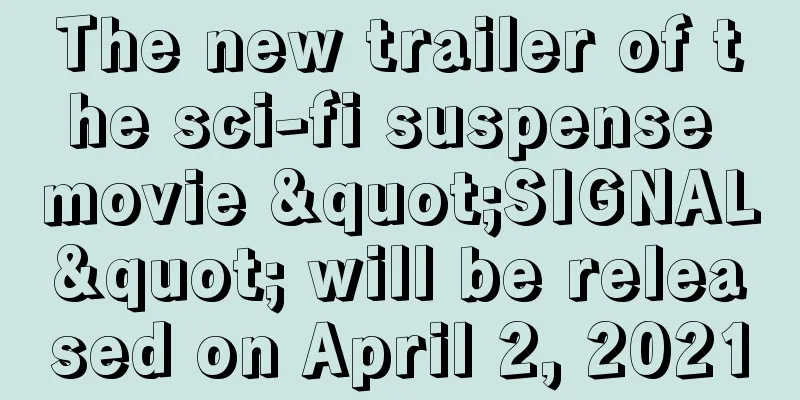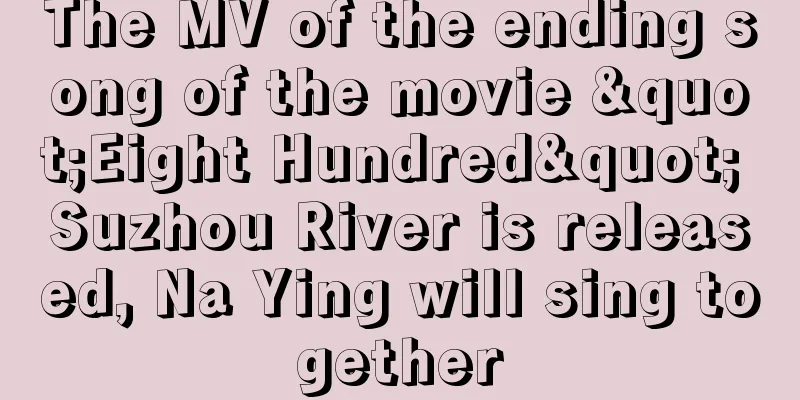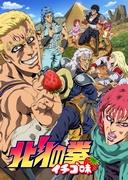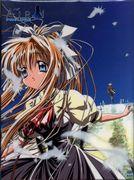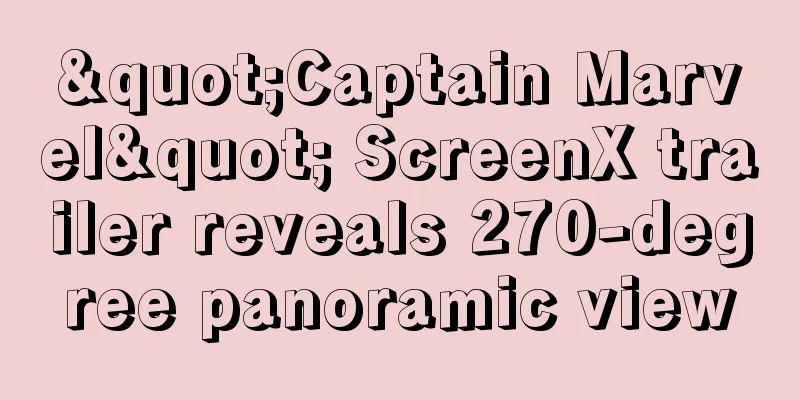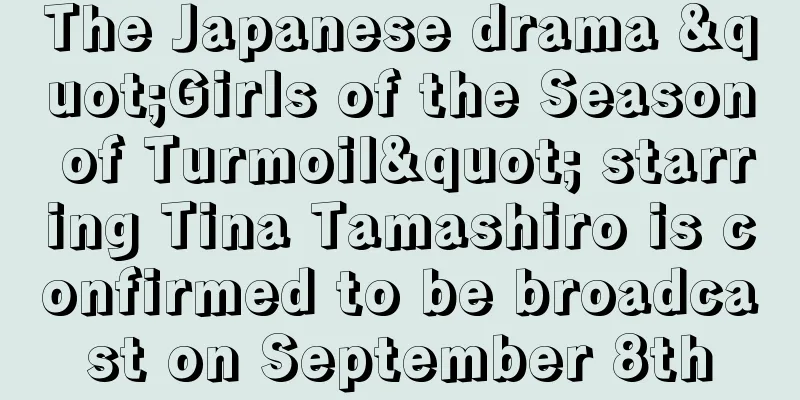Detailed review and evaluation of episode 5 of the 1980 version of Astro Boy
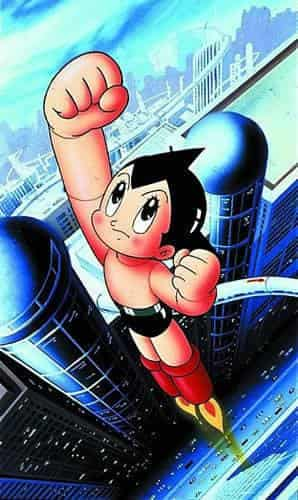
Astro Boy (1980 version) - Hope and Challenge for the Future■ Public MediaTV anime series ■ Original Mediacomics ■ Broadcast periodOctober 1, 1980 - December 23, 1981 ■Broadcasting stationBroadcast: Nippon Television ■Frequencieshalf an hour ■ Number of EpisodesEpisode 52 ■Original Story・Original story and composition: Osamu Tezuka ■ Director・Director: Noboru Ishiguro ■ Production・Producer: Tezuka Productions, Nippon Television Network ・Produced by: Nippon Television Network, Tezuka Productions ■Works©Tezuka Productions ■ StoryTokyo, 2030. Dr. Tenma, the Minister of Science, created a robot named Atom to replace his late son Tobio. However, after Dr. Tenma disappears, Atom is raised by Dr. Ochanomizu as a kind-hearted robot. As the conflict between "humans" and "robots" deepens in society, Atom lives in both environments and grows up understanding each other's positions. Though sometimes angry, crying, and grieving, Atom stands up to the conflict and strives to build an ideal world where humans and robots can coexist. ■ExplanationSet in the future, about 30 years after the original "Astro Boy" was released, this work is a remake of the original work, but each episode has been given a modern twist. In particular, the inclusion of nine episodes of the "Astro Boy vs. Atlas" series, which depicts the conflict between good and evil, is a distinctive technique of Tezuka Osamu. Through these episodes, it is made clear that both good and evil have their own weaknesses and worries, providing viewers with deep insight. Furthermore, by dealing with social issues and ethical themes, the work is thought-provoking not only for children but also for adults. ■Cast・Atom/Mari Shimizu・Dr. Ochanomizu/Hisashi Katsuta・Uranium/Masako Sugaya・Bearded Man/Kazuo Kumakura・Atlas/Michiru Hojo・Libyan/Keiko Yokozawa・Dr. Tenma/Tamio Oki ■ Main staff・Original story, storyline, main characters: Tezuka Osamu ・Planning: Yoshikawa Bin (Nippon Television Network, Inc.) ■Subtitle・Episode 1 / Birth of Atom・Episode 2 / Atom vs. Atlas・Episode 3 / Robot Circus・Episode 4 / Save the Classmate・Episode 5 / Atom vs. Atlas・2 Atlas's Resurrection・Episode 6 / Robot Land・Episode 7 / Frankenstein・Episode 8 / Red Cat・Episode 9 / Atom vs. Atlas・3 Desert Crystal・Episode 10 / White Planet・Episode 11 / Robot President・Episode 12 / Dum-Dum's Head・Episode 13 / Lightning Man・Episode 14 / Uran is a Tomboy・Episode 15 / Robio and Robietto・Episode 16 / Captain Mars・Episode 17 / Space Shuttle SOS ■Detailed evaluation and recommendationThe 1980 version of "Astro Boy" is a remake based on the original work by Osamu Tezuka, but is highly regarded as a work with its own unique charm and depth. Below, we will provide a detailed review and recommendation of this work. Story and ThemesThe story is set in Tokyo in 2030, and follows Atom, a robot created by Dr. Tenma to replace his late son Tobio. He grows up under the tutelage of Dr. Ochanomizu and tries to overcome the conflict between humans and robots. By depicting the future about 30 years after the original work, it reflects more contemporary concerns. In particular, the theme of the coexistence of humans and robots remains very timely even today, providing viewers with deep insight. The "Astro Boy vs. Atlas" series also poses ethical questions to viewers by depicting the conflict between good and evil. Through the character of Atlas, the existence of evil is portrayed as something that is not simple, but has weaknesses and worries, evoking deep empathy in viewers. These episodes are thought-provoking for adults as well as children, and strongly reflect Osamu Tezuka's philosophy. characterAtom is portrayed as a kind-hearted robot who acts as a bridge between humans and robots. Mari Shimizu's voice acting perfectly expresses Atom's purity and strength, deeply moving viewers. Characters such as Dr. Ochanomizu, Uran, and Higeoyaji are also unique and enrich the story. Uran, in particular, plays the role of Atom's younger sister and is popular as a character who combines humor and courage. Atlas is a character who is the polar opposite of Atom, and Michiru Hojo's voice acting realistically portrays Atlas's anguish and strength. Through his conflict with Atlas, Atom's growth and humanity are deeply portrayed, leaving a strong impression on the viewer. Production and directionThe director of this film, Noboru Ishiguro, faithfully reproduces the original work by Osamu Tezuka, but develops the story from his own perspective. The animation director and storyboard staff also inherited Osamu Tezuka's style, but added modern arrangements. In particular, the art and mecha design realistically depict the future world and have the power to draw the viewer in. The music also plays an important role, and Shigeaki Saegusa's music enhances the atmosphere of the story and stirs the emotions of the audience. The theme songs "Astro Boy," "Towards the Future," and "Uranium's Theme" are also masterpieces that are deeply etched in the hearts of viewers. RecommendationThe 1980 version of "Astro Boy" is a remake based on the original work by Osamu Tezuka, but it has its own unique charm and depth. The theme of the coexistence of humans and robots is still very timely today and gives viewers deep insight. The "Astro Boy vs. Atlas" series also poses ethical questions to viewers by depicting the conflict between good and evil. The characters such as Astro Boy and Atlas are also unique and enrich the story. The production and direction are also excellent, and have the power to draw viewers in. Music also plays an important role, stirring the emotions of the viewer. For these reasons, the 1980 version of "Astro Boy" is a work that can be strongly recommended not only to children but also to adults. |
>>: Ojamanga Yamada-kun - Appreciated for its unique blend of humor and deep themes
Recommend
"The Wandering Earth" will be released soon, Wu Jing said this year is the first year of Chinese science fiction movies
On the first day of the Chinese New Year (Februar...
Review of "Yamasato Yamachan": A perfect blend of nature and laughter
"Yamasato Yama-chan": The appeal of the...
Junji Ito personally drew the amulet and wished the epidemic would end soon
Junji Ito, a famous Japanese horror manga writer,...
The appeal and reviews of "07-GHOST": A thorough analysis of the profound story and the appeal of its characters
07-GHOST - Seven Ghosts - A Tale of the Deep and ...
Russian beauty cosplays the heroine of "National Team" 02 Slim waist and beautiful legs, sexy and charming
In the anime "National Team", the heroi...
The appeal and reviews of Sasami☆Magical Girl Club: Tenchi Muyo! and the world of Pretty Sammy
Sasami Magical Girl Club: A tale of magic and fri...
HBO's "Watchmen" cast announced, large-scale setting is even more stunning
"Watchmen" is a superhero movie adapted...
Kannagi Review: A charming story of shrine maidens
"Kannagi Crazy Shrine Maidens" - A char...
A great cast! The movie "Children of the Sea" is scheduled to be released in mainland China on February 14
The movie "Children of the Sea", adapte...
New Tale of the Bamboo Cutter: Queen of the Millennium - A thorough analysis of the fascinating story and deep charm of the characters
The Tale of the Bamboo Cutter: The 1000-Year Quee...
Big cousin claims to be the first action actress in film history and apologizes after being criticized
Jennifer Lawrence recently told Variety that befo...
Arnold's classic "Queen's Sword" is about to be remade! The director of "X-Men" will direct
According to foreign media reports, "X-Men&q...
Kentaro Miura, the author of Berserk, died on May 6 at the age of 54 due to acute aortic dissection.
According to the latest news from the editorial d...
Minami-ke Okawari review: Enjoy the warmth and laughter of everyday life once again
Minami-ke Encore - Revisiting a warm everyday lif...
Jackie Chan's action film "The Karate Kid 2" trailer: Kung Fu Kids in New York
Recently, the first trailer of the Hollywood acti...
